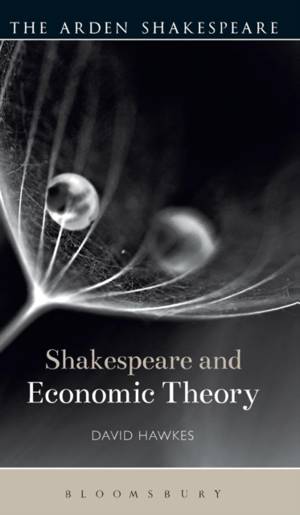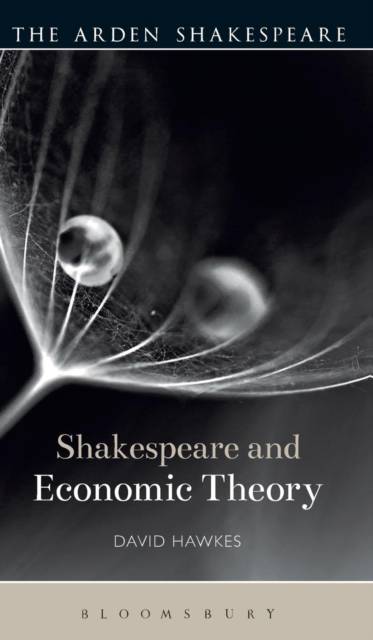
- Afhalen na 1 uur in een winkel met voorraad
- Gratis thuislevering in België vanaf € 30
- Ruim aanbod met 7 miljoen producten
- Afhalen na 1 uur in een winkel met voorraad
- Gratis thuislevering in België vanaf € 30
- Ruim aanbod met 7 miljoen producten
Zoeken
€ 254,45
+ 508 punten
Uitvoering
Omschrijving
Over the last 20 years, the concept of 'economic' activity has come to seem inseparable from psychological, semiotic and ideological experiences. In fact, the notion of the 'economy' as a discrete area of life seems increasingly implausible. This returns us to the situation of Shakespeare's England, where the financial had yet to be differentiated from other forms of representation. This book shows how concepts and concerns that were until recently considered purely economic affected the entire range of sixteenth and seventeenth century life.
Using the work of such critics as Jean-Christophe Agnew, Douglas Bruster, Hugh Grady and many others, Shakespeare and Economic Theory traces economic literary criticism to its cultural and historical roots, and discusses its main practitioners. Providing new readings of Timon of Athens, King Lear, The Winter's Tale, The Merchant of Venice, Measure for Measure, Julius Caesar, Macbeth and The Tempest, David Hawkes shows how it can reveal previously unappreciated qualities of Shakespeare's work.Specificaties
Betrokkenen
- Auteur(s):
- Uitgeverij:
Inhoud
- Aantal bladzijden:
- 240
- Taal:
- Engels
- Reeks:
Eigenschappen
- Productcode (EAN):
- 9781472576989
- Verschijningsdatum:
- 24/09/2015
- Uitvoering:
- Hardcover
- Formaat:
- Genaaid
- Afmetingen:
- 127 mm x 203 mm
- Gewicht:
- 362 g

Alleen bij Standaard Boekhandel
+ 508 punten op je klantenkaart van Standaard Boekhandel
Beoordelingen
We publiceren alleen reviews die voldoen aan de voorwaarden voor reviews. Bekijk onze voorwaarden voor reviews.







